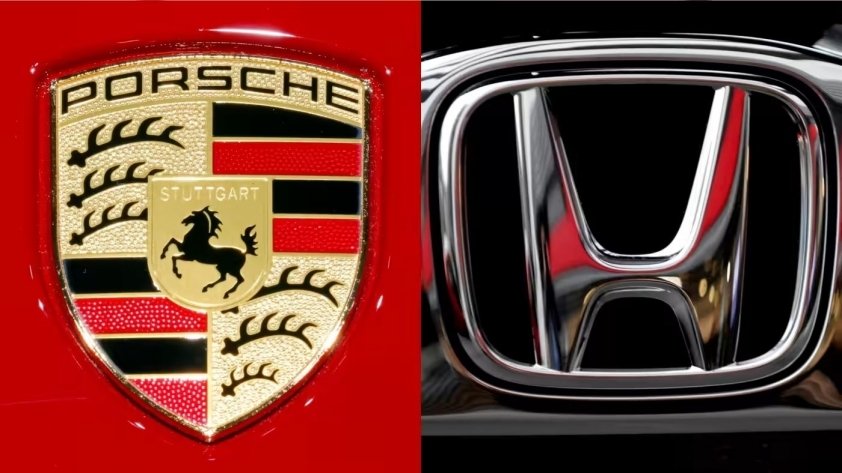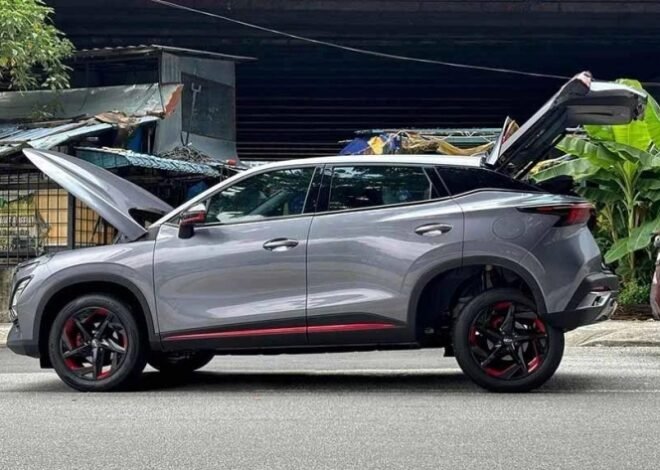
EU allows internal combustion engines, Porsche and Honda race to develop new fuels
Two famous car companies of the car world are competing in the invention of synthetic fuel, which is considered a salvation for internal combustion engines in the process of carbon neutrality.
Developers of synthetic fuels, also known as e-fuels, are focusing on aircraft and ships, which are more difficult to electrify than cars.
Honda and Porsche possess a major advantage in synthetic fuel production.
Synthetic fuel is produced by combining `green` hydrogen produced by renewable energy with carbon dioxide captured from production facilities.
Porsche and fellow company Siemens Energy in December opened a pilot plant in southern Chile, subsidized by the German government.
Meanwhile, Honda is considering using synthetic fuel in auto racing, a harsh environment that requires cars to travel long distances at high speeds.
Many in the Japanese auto industry welcomed the EU’s decision.
“We can use our existing internal combustion engine technology,” said Shinsuke Minami, president of Isuzu Motors.

Porsche and Siemens operate a plant in Chile that uses wind energy to produce synthetic fuels.
`If synthetic fuels are used more widely in sectors like aviation first, that will reduce costs and encourage their spread to automobiles,` said a Nissan Motor executive.
High cost is the biggest barrier to widespread use of synthetic fuels.
Japan’s Ministry of Economy, Trade and Industry estimates the cost of producing synthetic fuel domestically at 700 yen a liter, about $5.30, much higher than the selling price of regular gasoline.
Technical challenges related to energy efficiency also exist.
In addition, competing demand from aircraft and ships could also be an issue.


